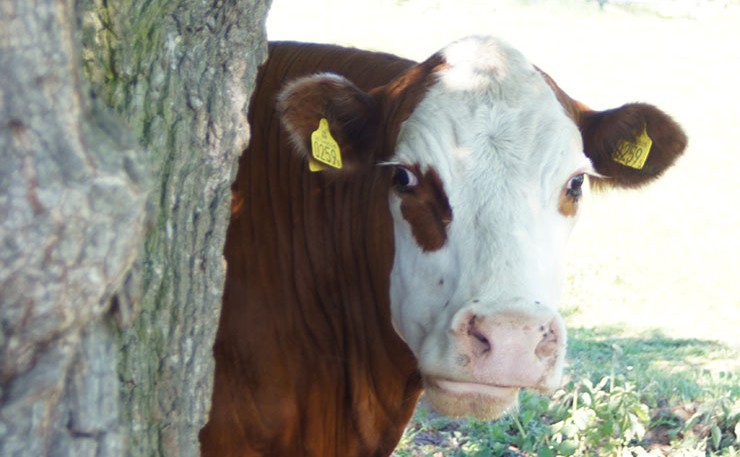South Australia goes to the polls in March. Geoff Russell explains why should think about your vote, and how you can send a message about the importance of our planet.
The South Australian State Election is on March 17 and readers of my work in New Matilda won’t be surprised that I’m standing for the Animal Justice Party (AJP). I’m grateful to New Matilda editor Chris Graham for allowing me to explain why South Australian voters should give AJP their first preference, either in the upper house (Legislative Council) or if they live in one of the four lower house seats we are standing for. Namely Kavel, Florey, Croydon or Port Adelaide. I’ll be running in Florey.
The Animal Justice Party isn’t a single issue party
No party name captures the full implications of its policies. Does the name of the Australian Labor Party fully convey its policy reach? Of course not. If you want to know what a party stands for, then the name is just a hint; a mnemonic at best. The appearance of the word “Animal” in the AJP’s name is a very strong hint that concern for animals is central to our vision. But the reach of policies based on that concern is extensive; particularly when coupled with a potent set of core values.
Here are a couple of examples.
First, the planet has just had its hottest 4 years in recorded history. Anybody without a lifetime membership in psychopaths-are-us should be mightily concerned. Despite the importance and urgency of the issue, the AJP is the only political party with a rational science-based climate change policy. Unlike every other party, we accept the scientific data; all of it.
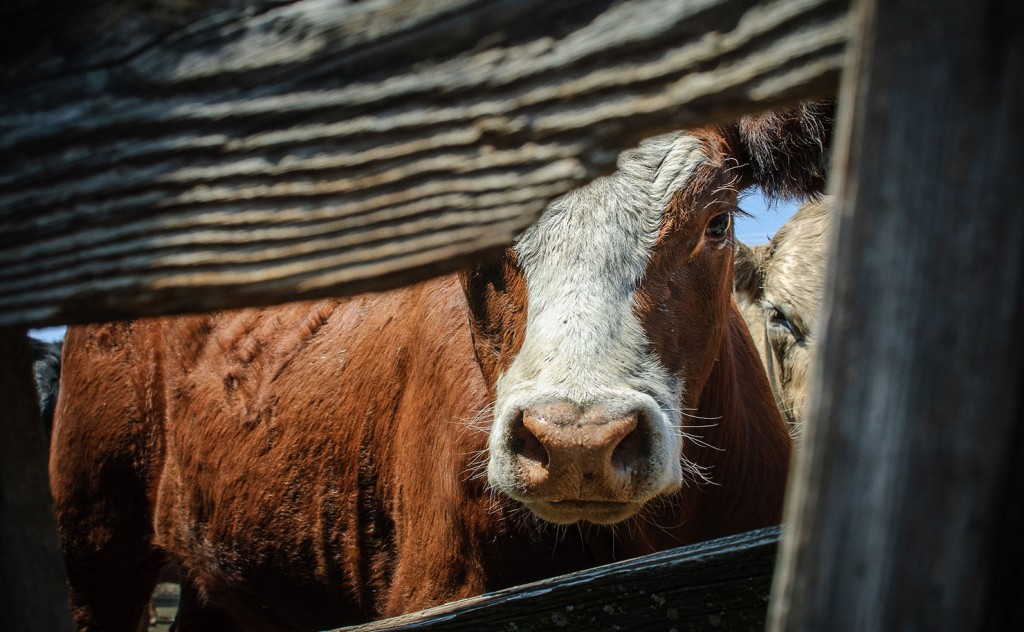
Meaning we accept the scientific estimate of the climate impacts of the cattle and sheep industries. This is that the warming over the next 20 years caused by the methane from our 28 million cattle and 70 million sheep will exceed that of the carbon dioxide from the coal we burn in our power stations (see Appendix below for the source and numbers).
We also accept that you can’t minimise the maximum global average temperature without dealing simultaneously with methane and carbon dioxide … which means, among other things, slashing ruminant numbers and allowing the reforestation of those grasslands which will do so (around 70 million hectares in Australia).
Why are we the only political party that isn’t in denial about the science on this? Good question. Ask any politician you come across at a political fund raising BBQ. Why do the Greens, for example, despite great rhetoric about their environmental concern, ignore animal agriculture in the climate change policy (as of 24/1/2018)?
Here’s a second example of the reach of our policies. Current meat and dairy centric eating is implicated in a range of the biggest human health problems, including cancer, heart disease and diabetes.
A few years back, the Medical Journal of Australia devoted a whole special issue to defusing the decades of meat industry propaganda scare stories about plant-based diets. The AJP’s plant-based food policies can be a potent way to slash health care budgets while increasing not just the length, but the quality of our lives.
That’s just a couple of critically important examples where our policies are significantly ahead of every other political party in Australia.
The AJP has explicit core values
You need to read all the AJP policies to grasp their range. But our focus on animals is also coupled with a potent set of core values; kindness, equality, rationality and non-violence; KERN is a useful acronym.
These core values give you a little more information about the AJP vision and will often enable you to predict our policy response to all manner of problems.
Rationality is at the core of our climate policy but all four are implicated in our plant-based food policy.
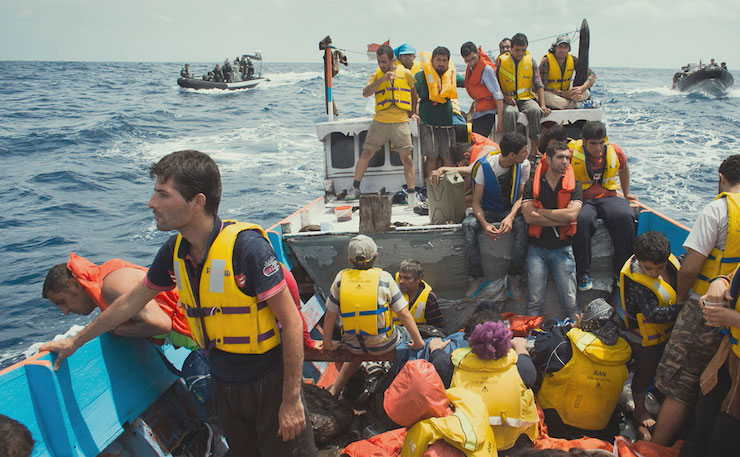
We also recently adopted position statements on marriage equality and refugees; both of which flow clearly from our core values.
An AJP postion statement is a little different from a policy. It tells you how an AJP Member of Parliament will act on an issue. Our policies, on the other hand, determine what our MPs will work hardest on.
The SA election puzzle
This State election promises to be a particularly complex and messy affair. We don’t just have a bunch of small, specialised parties in addition to the two majors. We also have The Greens, who despite my frequent criticisms have far and away the closest thing to a coherent vision for the state and the nation. And then we have SA Best… Nick Xenophon’s one-man band of a party.
Recent polling indicates that Xenophon’s party might even win the biggest slab of seats and give him a chance of becoming Premier.
Making up the rest of the gang are 11 other small parties, six of whom weren’t around at our last election in 2014.
The magic of preferential voting
Small parties with a clear and obvious focus give voters a powerful way to send a message to whoever wins the election and forms Government on March 17.
If you don’t like the major parties then you might consider voting for SA Best. But that’s a vote against something, not a vote for something. It tells nobody what you want. It’s as useless as voting informal; but much more dangerous!
On March 17, voting for both houses will be preferential, meaning that you write preference numbers 1, 2, 3 and so on next to candidates or parties. When the votes are tallied, ballot papers are separated into piles based on the first preference. The piles are then counted and candidates or parties whose pile has more than 4 per cent of the total vote (or 2 per cent in the upper house) get their candidate deposit back and can also get reimbursed for their campaign expenses … up to a specified limit.
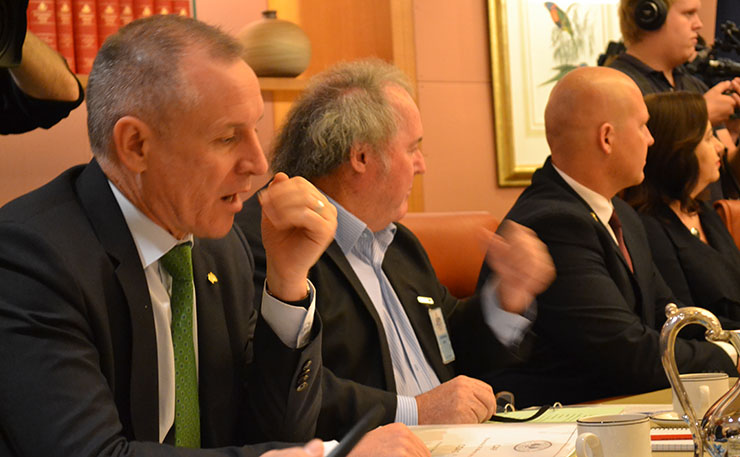
According to the Electoral Commission, the ALP and the Liberals can spend about 4.5 million dollars on their campaigns and know that the taxpayer will reimburse them. If you think that sucks, then give your first preference to somebody else. Somebody with policies you want.
It’s practically impossible for enough people to do this to upset the major parties. Chris Graham may wish New Matilda’s readership could swing the SA election, but it won’t! Nevertheless, your first preference vote could certainly help a smaller party.
That initial vote count is simple, but it isn’t the end of the process.
Imagine all the piles of votes, one pile for each party. The party with the smallest pile is now eliminated, by which I mean that it’s pile of ballot papers is re-examined and each is moved to the pile of the party which got number 2; the second preference.
This is what it means when people talk about preference flows. You can see immediately that no vote is ever wasted, it simply moves.
Giving your first preference to the AJP will send a powerful message to whichever party ends up with your vote. Why? Because those first preference votes are recorded and all parties pay careful attention to them.
Suppose you vote 1 Greens and 2 AJP. This has no impact, the Greens have your vote and nobody knows or cares where you put your second preference. But if you think climate is the biggest issue of our time and that the Greens deserve your vote, but that they are seriously remiss in ignoring the biggest contributor to warming in Australia, then putting 1 AJP, and 2 Greens will not only give them a vote and but also send them a message.
The principle applies to other small focused parties. A first preference for the Dignity party sends a powerful message to whoever you put second that people with disability deserve a better deal. Whether you vote 1 Dignity or 1 AJP, both are far more powerful than a crude SA Best protest vote.
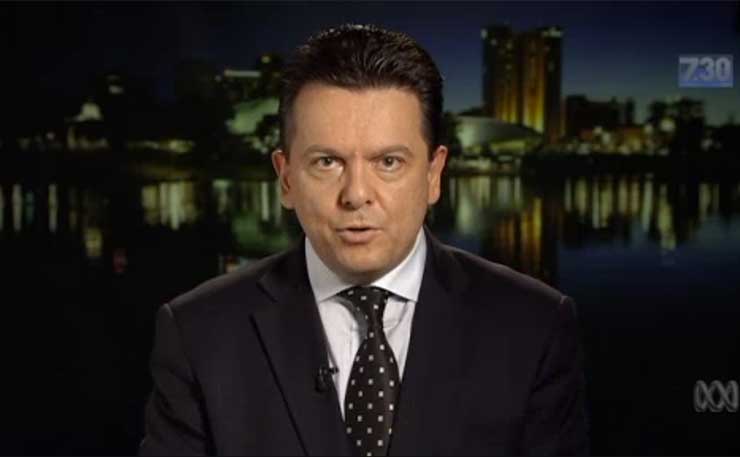
In the lower house, the SA Best protest vote could have disastrous implications if it is big enough. We could end up with Xenophon as premier. Or worse, Xenophon might miss out on winning the seat of Hartley, but some of his candidates might succeed. In which case we’d have MPs without an ounce of experience from a party with no clear vision about what it wants.
Checkout Xenophon’s SA Best website and its declared focus.
Despite the last four years on the planet being the hottest four years in recorded history, you won’t find any mention of clean energy, animal agriculture or climate change (as of the 2nd of February).
Instead we have a mish-mash of populist issues. Everybody loves news stories about Government waste, corruption and whistleblowers. Does that mean they should be the prime focus of a political party? With rare exceptions, such stories are just the lollipops of the evening news. About as significant as Hollywood gossip.
Why the Government wasted some money on a failed project is always a favourite news story, but why is it that you don’t see stories about private companies wasting vast amounts of natural resources producing a dumb product that nobody needs and which will end up in land fill within months?
Nick says he wants to drive a revitalised economy with lots of start-ups and innovation while slashing waste and demanding control of essential services.
Think about that for a bit.
Anybody who knows anything about start-ups and other innovation programs is that most of them fail. That’s the nature of innovation and risk. Those that fail can quickly become stories about wasted investment in dumb ideas; even if they were terrific ideas, but just a little ahead of their time.
On the other hand, if you want control of essential services, then you need an expanded and more technically skilled public service; which costs money. And big spending entails added waste; it’s a law of nature.
What’s the difference between a film critic and a director?
All this policy mess matters little in Nick’s traditional role as a kind of political film critic. People like Nick picking up clangers and inconsistencies in Government processes can be useful and entertaining; just like a savage movie review. But would you let a smart-arse film critic behind the camera and in charge of a multi-million dollar budget and a cast of thousands?
Voting for SA Best isn’t something you should contemplate unless you really do think that entertaining critics can make great films.
On the other hand, giving your first preference to the AJP sends a clear message about what you want. A compassionate Australia with, among other things, a vibrant community of farmers, retrained where necessary, and growing a rich variety of plants for an expanding global market in cruelty-free food. An Australia which is ahead of the pack in rapidly phasing out climate damaging industries; all of them.
Appendix comparing animal agriculture and coal
It’s worth restating the numbers on Australian grazing animals and their climate impact.
The raw data is here, in our submissions to the United Nations Framework Convention on Climate Change (UNFCCC). Table 3s1 shows that our grazing animals (sheep and cattle) produce a little over 2 million tonnes of methane annually.
The non-grazers are largely irrelevant. Pigs for example produce just 3,500 tonnes of methane.
According to the best available climate science, each tonne of methane has an impact on warming over the next 20 years equal to 105 tonnes of carbon dioxide. So the grazing industry has a warming impact over the next 20 years equal to 210 million tonnes of CO2.
Table 1s1 puts the total carbon dioxide output of public electricity (including heat production) at about 187 million tonnes of CO2. There’s also some other climate impacts from mining, but I’m trying to keep this simple so I’m also ignoring some significant extra cattle impacts, like deforestation emissions.
* Authorised by: Geoff Russell, 6 Fifth Ave, St Morris SA 5068
Donate To New Matilda
New Matilda is a small, independent media outlet. We survive through reader contributions, and never losing a lawsuit. If you got something from this article, giving something back helps us to continue speaking truth to power. Every little bit counts.

